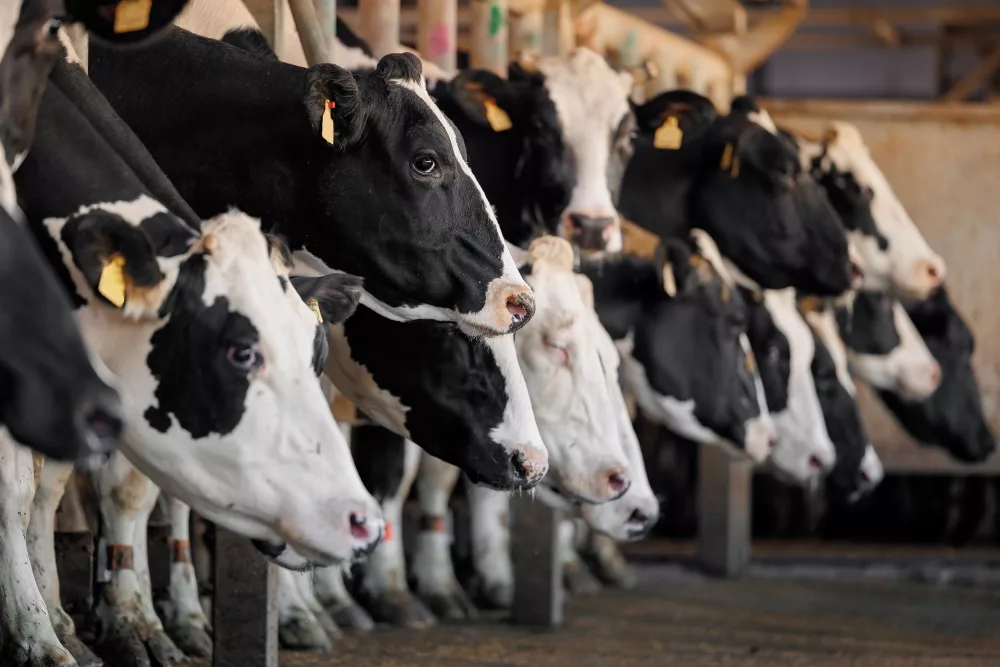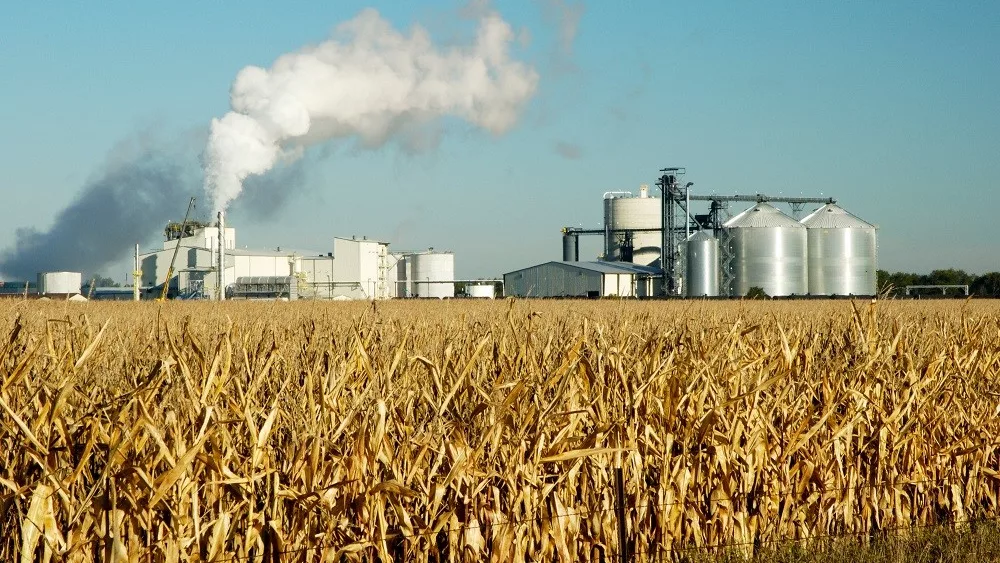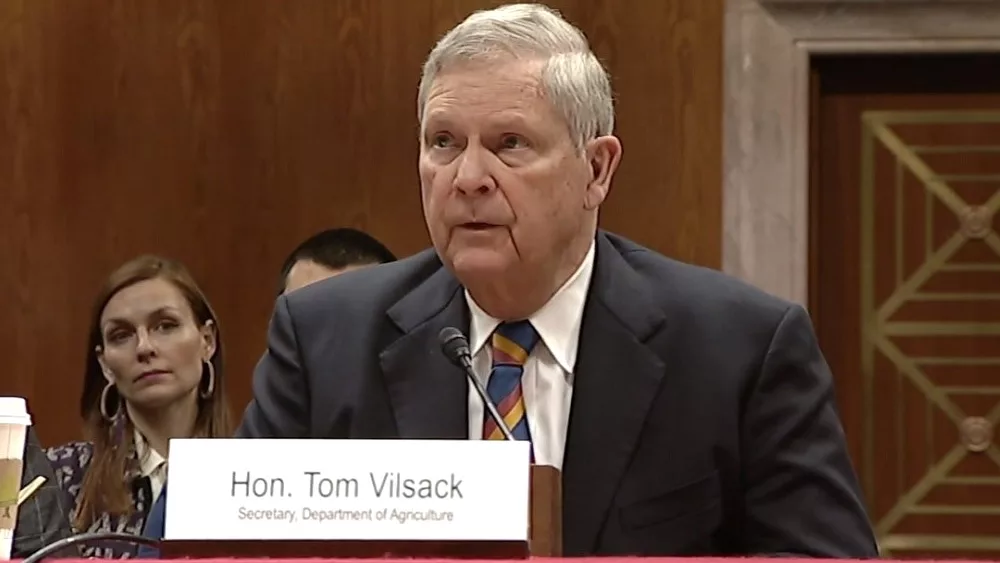
The U.S. Senate unanimously passed the Coronavirus Aid, Relief, and Economic Security (CARES) Act on March 25 to help families, workers and businesses during the national coronavirus crisis.
A $9.5 billion dedicated disaster fund will help Michigan farmers who are experiencing financial losses from the coronavirus crisis, including targeted support for fruit and vegetable growers, livestock and dairy farmers, and local food producers.
“This health care crisis is affecting every family across the country,” said U.S. Sen. Debbie Stabenow, a ranking member of the U.S. Senate Committee on Agriculture, Nutrition, and Forestry. “The relief package will provide stability for our farmers and ensure the American people have a safe and stable food supply. Our bipartisan agreement includes targeted assistance to farmers who are experiencing severe financial losses during the pandemic, including fruit and vegetable growers, dairy farmers, and local food producers.”
Michigan Farm Bureau President Carl Bednarski said he is pleased to see the Senate COVID-19 appropriations bill pass.
“We applaud Congressional leaders and the Trump Administration for striking a deal and recognizing the unique needs facing our industry and our neighbors,” Bednarski said. “And we appreciate the fact Congress granted USDA some flexibility in how best to provide relief to the farming community negatively impacted by the virus.
“As our industry and consumers continue to face uncertainty, this bill helps equip the agencies and departments tasked with helping agriculture navigate through this unprecedented time,” he continued. “It also specifically earmarks $9.5 billion for USDA to help our producers who are negatively impacted by the outbreak, including fruits and vegetables, livestock and dairy – all critical Michigan industries. We will be working with our members to relay all the possible concerns farmers are experiencing from the virus to USDA so they have a complete picture of what’s happening on the ground when they decide how to provide relief.”
Bednarski noted that additional funds to the Commodity Credit Corporation fund will also better position USDA to better help farmers. And MFB National Legislative Counsel, John Kran, is looking ahead to the aid package’s final approval in the U.S. House.
“Our County Farm Bureau members are grateful to our two U.S. Senators for their support of this very important aid package,” said Kran. “We look forward to the U.S. House taking up the legislation on Friday, which is expected to get a swift approval with broad bipartisan support.”
The CARES Act provides:
Relief for farmers and ranchers
- $9.5 billion dedicated disaster fund to help farmers who are experiencing financial losses from the coronavirus crisis, including targeted support for fruit and vegetable growers, dairy and livestock farmers, and local food producers, who have been shorted from receiving emergency assistance in the past.
- $14 billion to fund the Farm Bill’s farm safety net through the Commodity Credit Corporation.
- Eligibility for farmers and agricultural and rural businesses to receive up to $10 million in small business interruption loans from eligible lenders, including Farm Credit institutions, through the Small Business Administration. Repayment forgiveness will be provided for funds used for payroll, rent or mortgage, and utility bills.
- $3 million to increase capacity at the USDA Farm Service Agency to meet increased demand from farmers affected by the coronavirus crisis.
Assistance for small towns and rural communities
- $1 billion available in guaranteed loans to help rural businesses weather the economic downturn.
- $100 billion to hospitals, health care providers, and facilities, including those in rural areas.
- $25 million for telemedicine tools to help rural patients access medical care no matter where they live.
- $100 million for high speed internet expansion in small towns and rural communities.
- Over $70 million to help the U.S. Forest Service serve rural communities and reduce the spread of coronavirus through personal protective equipment for first responders and cleaning of facilities.
Protections for consumers and the food supply
- $55 million for inspection and quarantine at our borders to protect against invasive pests and animal disease.
- $33 million for overtime and temporary food safety inspectors to protect America’s food supply at meat processing plants.
- $45 million to ensure quality produce and meat reach grocery stores through increased support for the Agricultural Marketing Service.
- $1.5 million to expedite EPA approvals of disinfectants needed to control the spread of coronavirus.
Food access for families
- $15.8 billion to fund food assistance changes made in the Families First Coronavirus Response Act. Republicans and the Trump Administration blocked additional funding to expand benefits for children, families, and seniors.
- $9 billion to fund child nutrition improvements made in the Families First Coronavirus Response Act.
- $450 million to provide food banks with additional resources for food and distribution.
- $100 million for food distribution in Tribal communities to provide facility improvements, equipment upgrades, and food purchases.
American Farm Bureau Federation President Zippy Duvall is confident the coronavirus aid package will help ensure farmers and ranchers are able to continue feeding America during the COVID-19 crisis.
“Thanks to Leader McConnell and all the senators who diligently fought for farmers and ranchers to ensure they have our backs in the unprecedented COVID-19 crisis,” Duvall said in a statement.
“The aid to farmers in this package, including funding for the CCC and the Office of the Secretary, will allow USDA to begin crafting an appropriate relief program for agriculture,” Duvall added. “America’s farmers and ranchers face enormous volatility as markets and supply chains rapidly react to changes, but I’ll say again that farmers and ranchers will not let Americans down. All members of Congress must understand that farmers have almost no control over the prices of the goods we produce, so fulfilling our commitment to America requires a team effort.”
Michigan Farm Bureau and Michigan Farm News are committed to providing its members and readers with the latest news and information on the COVID-19 pandemic. For news, updates and resources, visit https://www.michfb.com/MI/Coronavirus/. The page will be updated daily as more information becomes available.





